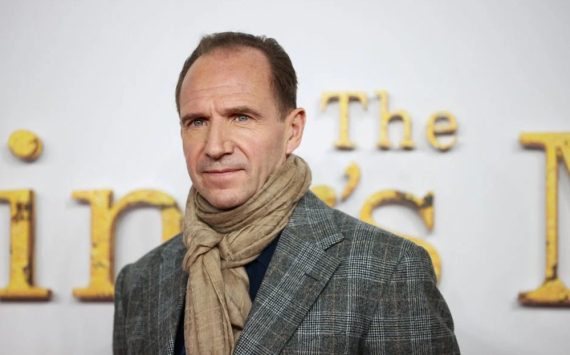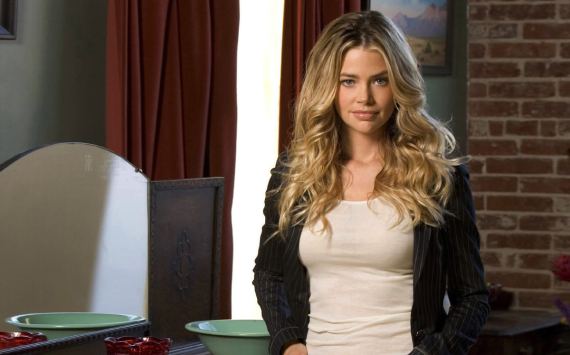
When Acting Hits Home
Jesse Eisenberg has opened up about the intense emotional journey he experienced while filming the 2015 drama The End of the Tour. The actor, known for his critically acclaimed role in The Social Network, shared that the project left him grappling with overwhelming emotions that spilled into his performance.
In the film, Eisenberg portrays a fictionalized version of writer David Lipsky, reflecting on a pivotal five-day interview with celebrated novelist David Foster Wallace, played by Jason Segel. The story is set against the backdrop of Wallace's tragic passing, with Eisenberg diving deep into the psyche of Lipsky — a character consumed by envy toward the writer he idolizes.
Eisenberg revealed that portraying Lipsky’s jealousy felt uncomfortably personal, describing the process as emotionally taxing. “I really couldn’t stop crying during the scenes,” he said in a candid interview with GQ. “And then the director told me to stop crying during the scenes.” He attributed this intensity to the script’s themes resonating with him in unexpected ways, admitting they mirrored unresolved struggles in his own life at the time.
The condensed filming schedule, driven by budget constraints, amplified the intensity. Spending extended hours immersed in character alongside Segel, who Eisenberg described as both “wonderful” and “imposing,” pushed the actor further into a raw emotional state. “All these very profound feelings of inadequacies were really eating me alive during that movie,” he confessed.
Despite the emotional toll, Eisenberg acknowledged the film as one of his most creatively fulfilling projects. “It actually felt… not healthy for me,” he admitted, “but it was a deeply inspiring experience.”
Beyond the actors’ performances, The End of the Tour sparked debate for its portrayal of Wallace. His estate, along with prominent literary figures, objected to the dramatization. Michael Pietsch, Wallace’s longtime editor and friend, expressed his disapproval at the time, remarking, “David would have howled the idea for it out of the room had it been suggested while he was living.”









































